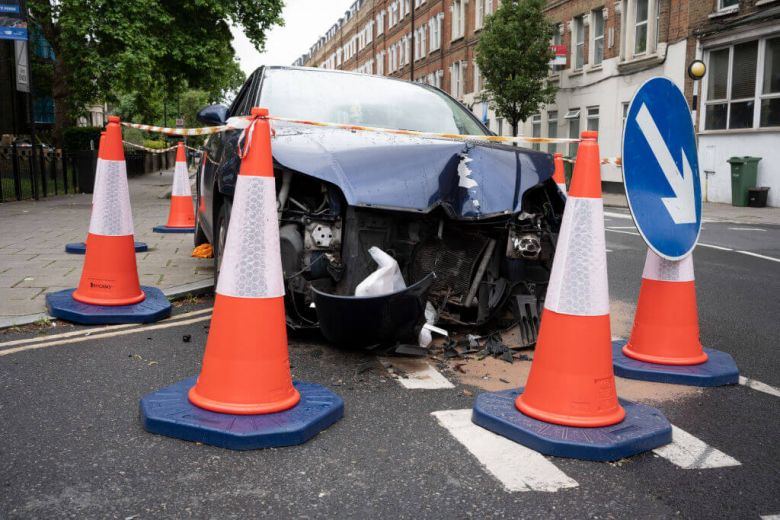Following the change in law, judges will now be able to hand down life sentences to dangerous drivers who kill on UK roads, and can impose whole life orders on 18-20-year-olds who commit the worst offences – for example, acts of terrorism which cause mass loss of life.
The life sentences can also apply to causing death by careless driving while under the influence of alcohol or drugs.
Prime Minister Boris Johnson said: This Government is delivering on its commitment to make our streets safer. We have changed the law so that dangerous criminals are given the sentences they deserve and kept behind bars, and we are backing the police with the powers they need to keep us safe.”
The changes were initially proposed in October 2017, but have only come into force this week. The changes impact roads in England, Wales, and Scotland – but not Northern Ireland.
- Dangerous driving – what it is and how to report it
- Mobile phone driving laws – what is and isn’t illegal?
- New Highway Code rules – what you need to know
The Crown Prosecution Service will still be charging criminals with murder or manslaughter where there is sufficient evidence that the vehicle itself was used as a weapon to kill or injure someone.
Justice Secretary Dominic Raab commented: “Too many lives have been lost to reckless behaviour behind the wheel, devastating families. We have changed the law so that those responsible will now face the possibility of life behind bars.”
After the Police, Crime, Sentencing and Courts Act (PCSC) came into effect yesterday (Tuesday), RAC head of roads policy Nicholas Lyes said: “People have been crystal clear that they support tougher sentences for those who cause death by dangerous driving.
“While it’s frustrating it’s taken so long for the law change to take effect – five years in total – we hope a powerful message is now sent to anyone who drives recklessly that there’s a very real chance they will end up behind bars for life.”
This follows further changes to road safety, after the government announced plans to recruit a specialised team of inspectors to join the country's first ever Road Safety Investigation Branch (RSIB) – looking at how and why incidents happen and to provide real insight into how new technologies can be rolled out on UK roads.
What do you make of this change to the law? Leave your comments below.

Breakdown cover that’s cheaper than AA – from £5.49 for Roadside!*
Complete peace of mind for less
• Cheaper than AA Price Guarantee^
• We get to most breakdowns in 60 mins or less
• Our patrols fix 4/5 breakdowns on the spot











